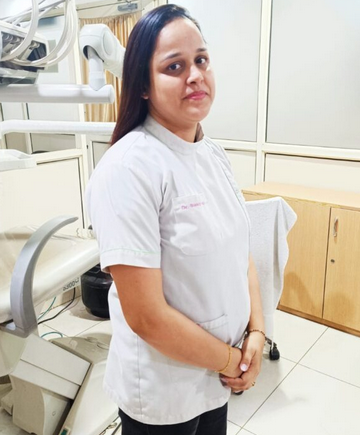ADHD In Adults: Recognizing And Coping With Symptoms
Attention Deficit Hyperactivity Disorder (ADHD) is often associated with children, but it can persist into adulthood and significantly impact daily functioning. While it’s estimated that around 5% of children have ADHD, studies suggest that approximately 2.5% of adults also experience symptoms. However, many adults with ADHD go undiagnosed or misdiagnosed, leading to challenges in their personal and professional lives. Recognizing the symptoms and learning coping strategies is crucial for managing ADHD in adulthood.
To Know More About It Please Click Here
Recognizing Symptoms
The symptoms of ADHD in adults may manifest differently compared to children but can still significantly impair daily functioning. Among the typical indicators of adult ADHD are:
- Difficulty Concentrating: Adults with ADHD often struggle to focus on tasks, leading to poor productivity and performance at work or in school.
- Impulsivity: Impulsive behaviors such as interrupting others, making hasty decisions, or engaging in risky activities without considering consequences are common in adults with ADHD.
- Hyperactivity: While hyperactivity tends to decrease with age, some adults with ADHD may still experience restlessness, fidgeting, or an inability to relax.
- Disorganization: Adults with ADHD may have difficulty organizing tasks, managing time effectively, and keeping track of appointments or responsibilities.
- Forgetfulness: Forgetfulness is a common symptom of ADHD in adults, leading to missed deadlines, misplaced items, and difficulty following through on commitments.
Coping Strategies
While ADHD can pose challenges, there are various coping strategies and lifestyle adjustments that can help adults manage their symptoms effectively:
- Seek Professional Evaluation: If you suspect you have ADHD, seeking an evaluation from a qualified healthcare professional is essential. A thorough assessment can provide clarity and guide appropriate treatment strategies.
- Medication: Medications such as stimulants or non-stimulants may be prescribed to help manage symptoms of ADHD. Collaborating closely with a healthcare professional is essential in determining the appropriate medication and dose for your needs.
- Therapy: Cognitive-behavioral therapy (CBT) and other forms of therapy can be beneficial for adults with ADHD. Therapy can help individuals develop coping skills, improve time management, and address emotional challenges associated with ADHD.
- Develop Structure and Routine: Establishing a structured daily routine can help adults with ADHD stay organized and manage their time more effectively. Using planners, calendars, and reminder apps can assist in keeping track of tasks and appointments.
- Break Tasks Into Manageable Steps: Breaking down larger tasks into smaller, more manageable steps can make them feel less overwhelming and easier to tackle. Setting achievable goals and rewarding yourself for completing tasks can also help maintain motivation.
- Practice Mindfulness and Stress Reduction Techniques: Mindfulness meditation, deep breathing exercises, and other stress reduction techniques can help adults with ADHD manage impulsivity and improve focus. Regular exercise and adequate sleep are also essential for overall well-being and symptom management.
- Build a Support Network: Surrounding yourself with understanding friends, family members, or support groups can provide encouragement and assistance in managing ADHD symptoms. Sharing experiences and strategies with others who have ADHD can be particularly valuable.
Conclusion:
ADHD in adults can present unique challenges, but with the right strategies and support, it is possible to lead a fulfilling and productive life. By recognizing symptoms, seeking professional evaluation, and implementing coping strategies, adults with ADHD can effectively manage their symptoms and thrive in their personal and professional endeavors. With patience, perseverance, and support, living well with ADHD is within reach.
Also, Follow us on Instagram








